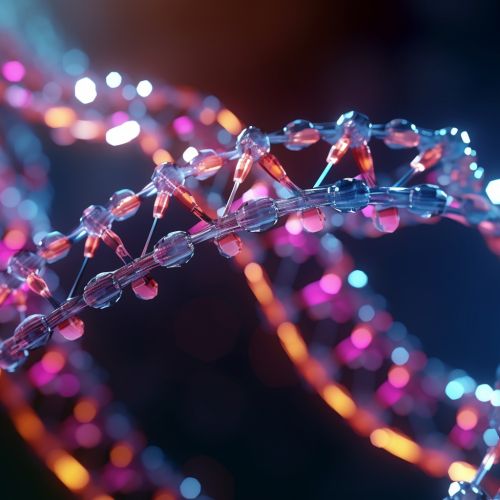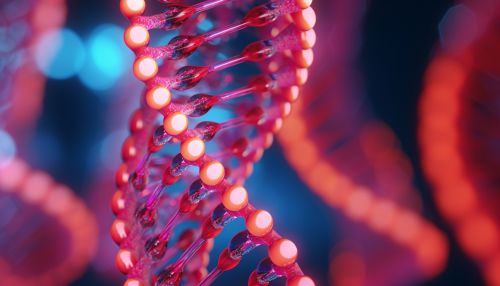Origins of replication
Introduction
In the field of Molecular biology, origins of replication (ori) are particular sequences in a genome at which replication is initiated. This can either involve the replication of DNA to DNA or RNA to DNA, depending on the virus. Propagation of the genetic material between generations requires timely and accurate duplication of DNA by the process of DNA replication.


DNA Replication and Origins of Replication
DNA replication is a biological process that occurs in all living organisms and copies their DNA; it is the basis for biological inheritance. The process starts at specific locations in the genome, known as "origins". These origins of replication are binding sites for the replication machinery, including a group of proteins known as the Origin Recognition Complex (ORC).
Origin Recognition Complex (ORC)
The Origin Recognition Complex (ORC) is a key piece of the replication machinery. It is a protein complex that binds to origins of replication in a sequence-specific manner in eukaryotic chromosomes. The ORC is essential for the initiation of DNA replication, as it serves as a platform for the assembly of additional initiation factors such as Cdc6 and Cdt1.
Origins of Replication in Eukaryotes and Prokaryotes
In eukaryotes, the replication process is complex and involves several dozen proteins. Replication origins are located throughout the genome, and each is initiated at a specific time during the S-phase. In contrast, prokaryotic replication initiation is simpler, typically involving only three proteins at the origin of replication. Despite the differences in complexity, the basic mechanism is conserved among all forms of life.
Regulation of Origins of Replication
The regulation of origins of replication is crucial for the proper timing and order of replication. This regulation involves a number of factors, including the binding of the ORC, the loading of the MCM complex, and the activation of the pre-replication complex. The regulation of these processes ensures that each segment of the genome is replicated once and only once per cell cycle.
Conclusion
Understanding the origins of replication and the complex machinery involved in DNA replication is crucial for our understanding of cell biology and has implications for many areas of biotechnology and medicine, including the development of new therapeutic strategies for cancer and other diseases.
